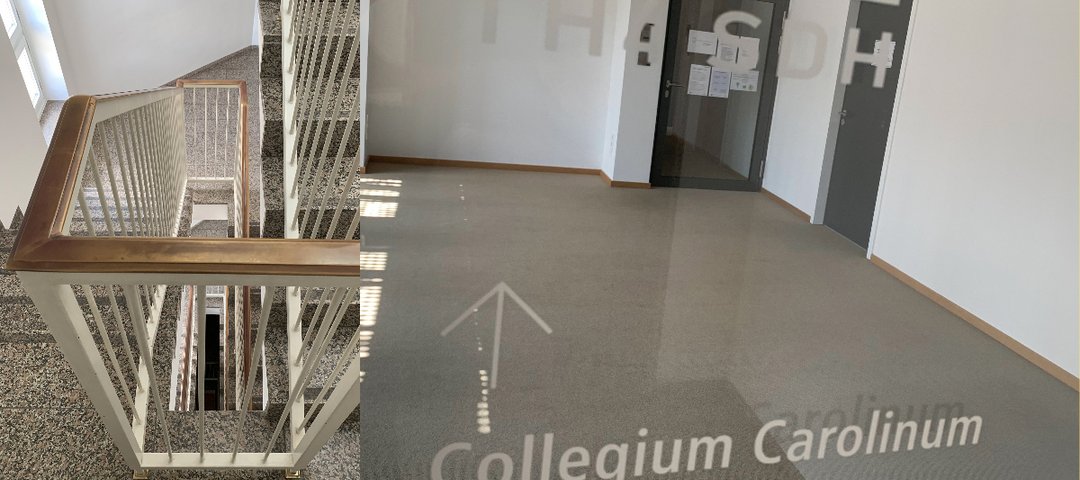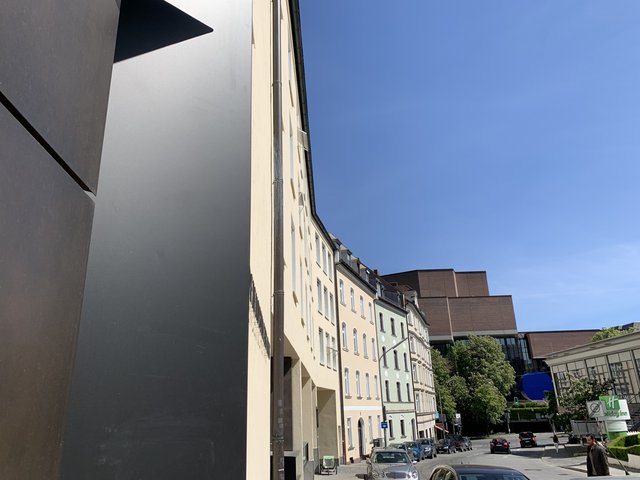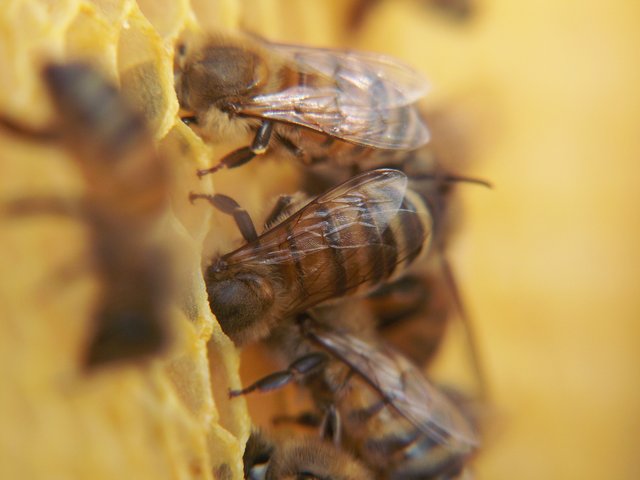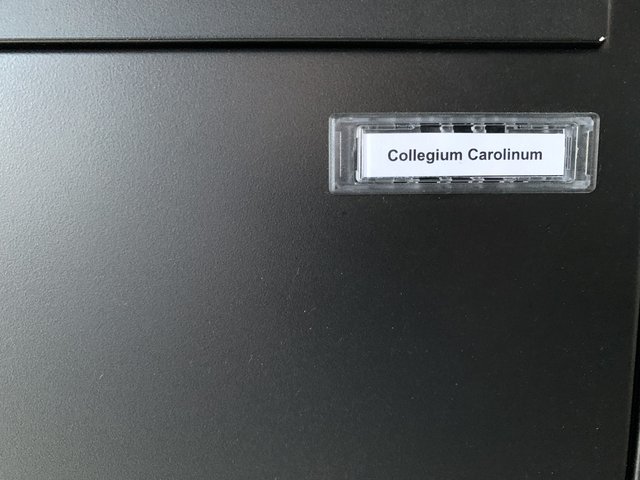Institute

The Collegium Carolinum (CC) is a research institute focusing on Czech and Slovak history and culture in the European, especially east-central European context. Through its unique focus among Germany's academic institutions and its activities in both research and teaching, it functions as a nationwide cluster of expertise in Czech and Slovak studies.
The CC's structure is twofold: it comprises both a learned society, consisting of leading German and international scholars, and a research institute headed by the learned society. The CC is funded by the Free State of Bavaria and also through third-party projects which usually constitute 30-40% of its budget.
The institute's research profile is characterized by its focus on area studies as well as transnational topics that embed Czech and Slovak history in a larger transboundary context. Research projects done at the CC typically combine approaches from political, social, cultural, and environmental history as well as the history of science and the field of digital humanities. They interrogate concepts such as ethnicity, confessionalism, migration, or security from a historical perspective. The Research page provides more detailed information on the current projects pursued at the CC.
The CC is the long-term publisher of the journal Bohemia, the Sudeten German Dictionary (Sudetendeutsches Wörterbuch) and the Biographical Dictionary of the Bohemian Lands (Biographisches Lexikon zur Geschichte der böhmischen Länder). Through these publications, it provides an important service function to the wider community of researchers working on East Central Europe. The institute also houses a research library, with its 170,000 media units the world’s largest collection of literature on Czech studies outside the Czech Republic.
The CC is an affiliated institute of the Ludwig Maximilian University (LMU) in Munich. CC staff regularly take on teaching assignments at LMU and other Bavarian universities. Especially through its Prague office, the CC maintains long-standing collaborations with research institutes in the Czech Republic and Slovakia.







